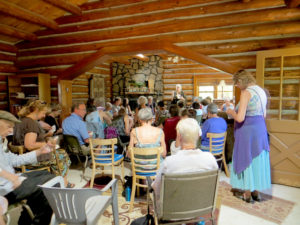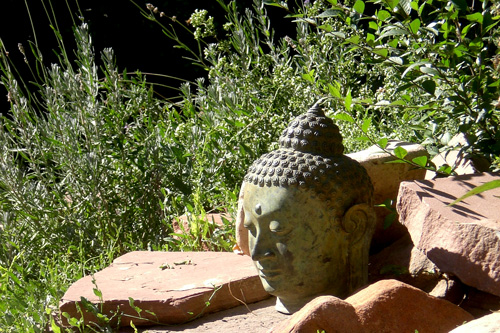Programs
Willow Farm is a non-profit organization dedicated to the wisdom of becoming more present and thoughtful in our lives through the practice of caring for others. We believe that quality of care is enhanced by this intention, and that societal models for the end-of-life experience can also be improved (for caregivers and receivers alike). We are committed to promoting the relationship between living an awakened life and dying with love and dignity.

Study
Our education and training model offers strategies for navigating the difficult emotions that can arise for caregivers. By integrating tools for reflection and awareness we become more resilient, and the capacity for compassion expands. Through this shared human experience we inspire each other to live whole-heartedly.

Training programs
Practice
Contemplative practice develops our capacity for compassion and equanimity, allowing us to reveal the deep wisdom in all our transitions. The truth of impermanence can be the source of great love and connection when we truly practice staying awake in the present moment. The heart-mindfulness that cuts through fear and ignorance is cultivated in regular meditation sessions and retreats. Practice programs include monthly Zazenkai (all-day meditation sittings), Yoga intensives, and related practices led by experienced teachers.
We have daily sitting practice Monday through Friday from 8:00-9:00 am (two 25 minute sitting periods, with walking meditation between). Everyone is welcome!
Zen Forms
In traditional Zen practice (especially in the monastic or retreat setting) sitting, bowing, working, chanting, eating, and having tea all follow very prescribed and exacting behavioral forms designed to help quiet the mind. When there is little room for opinion or preference about how things are done from moment to moment, the mind has the opportunity to be still. When there is no personal opinion or choice about how or when we sit or eat, for example, we can learn to “only sit” or “only eat.” Initially there may be resistance before we agree to drop our opinions about how we prefer to do these things. Forms provide an opportunity to bear witness to our own opinions and preferences. When we simply notice (but don’t act on) our preferential thinking, the ego dissipates and the mind clears. In essence, Zen forms are techniques for helping us experience all of the mundane details of everyday life as meditation or ceremony.
